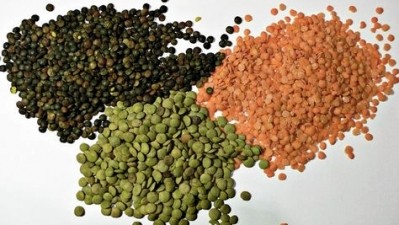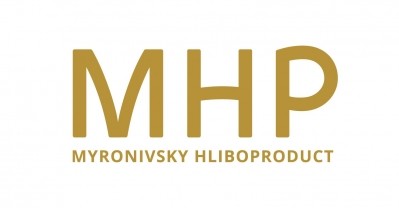Qatar-backed wealth fund joins BRF to buy Turkey’s poultry leader

The Qatar Investment Authority formed a joint venture with Brazilian food conglomerate BRF for the move, taking shares in Bjanvit Bandırma Vitaminli Yem Sanayii to a 12-year record.
Brazil’s biggest chicken exporter, whose Sadia subsidiary is well known in Gulf supermarkets, will join the QIA in acquiring Banvit in full, including some US$130m in net debt, the Sao Paulo-based company said in a regulatory filing.
Banvit's production and distribution assets will be incorporated into Dubai-based One Foods, the joint-venture’s newly formed holding company, which has a stated focus on halal foods.
BRF will take a 60% stake in the venture, with the QIA securing the remainder in a deal that values the Turkish company at US$470m.
“This acquisition strengthens BRF’s presence in the halal market. It’s the first step to speed up One Foods’ growth,” BRF chief financial officer Alexandre Borges told Bloomberg.
The Brazilian company, a fifth of whose revenue comes from halal sales, has had its sights on expanding its Islamic markets for some time, and views the Turkish halal major’s 13% market share as a suitable launchpad. A fully integrated producer, the company also has five processing facilities and feed operations in Turkey.
“This is part of our strategy as it reinforces the company’s long-term commitment with the region and its stakeholders,” Borges said.
On Tuesday, Banvit’s shares had hiked in value by 12%, in contrast to BRF, whose stock had been reeling since an announcement last week that Saudi Arabia would increase duty on poultry imports. Saudi is Sadia’s biggest overseas market.
Turks eat the most halal chicken in the world, with per-capita consumption of 20kg a year, and the market has plenty of room for growth, the joint-venture believes. The new company will also seek to increase production and sales of processed halal lines.
Regulatory approvals must first take before the deal is concluded, though it is expected to be finalised in the second quarter this year.















